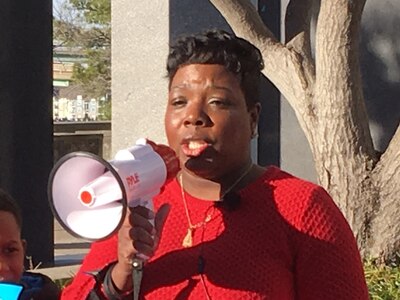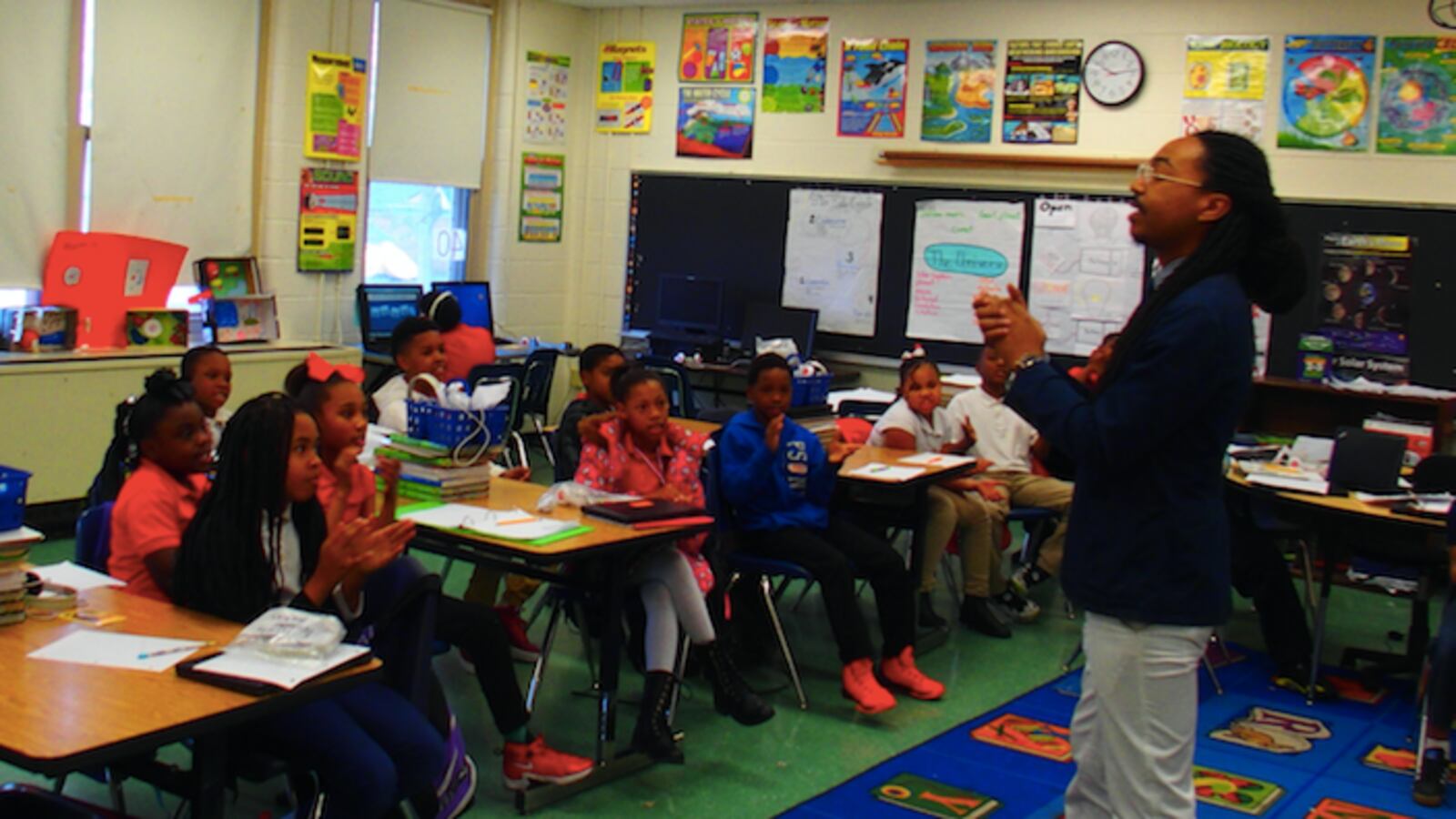Memphis teachers are slated to get a 3 percent pay raise next school year, but the details of their rollout remain under discussion.
Superintendent Dorsey Hopson has set aside $10.5 million for raises in his spending plan for 2017-18. If approved, the pay hike would be the second in as many years, but likely wouldn’t be delivered across-the-board this time.
Among the issues are whether to provide merit-based raises for top-rated teachers as Hopson wants — and how to address inequities within the district’s compensation structure.
The questions are important as Tennessee’s largest district seeks to stem the tide of teachers leaving Shelby County Schools for higher pay at one of six nearby municipal districts. Leveling the playing field also would help pave the way to garner teacher union support for merit-based pay in the future.
Here are some of the questions being raised:
Who would get the raise under Hopson’s plan?
Hopson wants to give merit raises for top-rated teachers. That would boost salaries for about 90 percent of the district’s 6,800 teachers.
The increase would not apply to non-instructional staff such as central office employees, secretaries or teacher assistants, but the district did not rule out other incentives.
Interim director of nutrition services Frank Cook weighed in on social media.
How does merit-based pay work?
Hopson’s plan would reward teachers who rank at or above a 3 out of 5 on the state’s teacher evaluation model, which relies mostly on classroom observations and student test scores.
Research on the effectiveness of merit-based pay is mixed. A 2010 report from Vanderbilt University’s Peabody College of Education concluded that rewarding teachers with bonus pay, in the absence of any other support programs, does not raise student test scores. However, a 2012 Harvard University study in Chicago found the opposite.
Hopson pushed for merit pay last year, but later expanded the raise to all teachers and some non-instructional employees when his administration wasn’t able to get timely teacher evaluation data due to the state’s TNReady testing debacle.
What do teachers unions say about this year’s proposal?
The two unions representing Memphis teachers want the raise to apply across the board.

“We’re very glad the superintendent has included money for teachers in the budget. That has a huge impact on morale. However, we are still disappointed,” said Tikeila Rucker, president of the United Education Association of Shelby County.
The unions question the accuracy of the state’s teacher evaluation system.
“It’s subjective …,” Rucker said. “We’ve known for a long time the rubric they’re using is not working.”
Hopson has acknowledged the system does not include pedagogy or teacher knowledge of new standards. But he says it’s still the best basis for rewarding the most effective teachers.
“We certainly know there are some challenges with the evaluation system,” Hopson told the school board on Monday. “But I do think at the end of the day, the overwhelming majority of our teachers — about 80 percent — are 4, and 5 on the system, how ever flawed it may be.”
What about salary inequities?
In initial meetings with teachers unions, district administrators said they would address those inequities before moving to performance-based pay, according to Keith Williams, executive director of the Memphis-Shelby County Education Association.
And Hopson acknowledges there’s a problem.
“We know that our compensation system has some inherent unfairnesses or inequities in it because steps weren’t offered for several years,” he said.
“Steps” are incremental pay raises based on years of experience. Shelby County Schools stopped giving them to teachers following the 2013 merger of city and county schools. But the change made it possible for a teacher who’s new to the district to get paid more than an existing teacher with the same experience.
Both Hopson and union leaders say that happens often.
“Most people are behind,” Rucker said. “We need a level playing field; otherwise it’s not going to be fair.”
The inequities also open the door for teachers to leave the urban Memphis district to work for six school systems created in the suburbs in 2014.
“You can go somewhere else and immediately make a higher salary,” Hopson acknowledged.
Germantown Municipal School District, for instance, has the highest weighted average salary in the state.
Doesn’t the district have to increase teacher salaries as part of raises proposed for educators statewide by Gov. Bill Haslam?
Haslam has asked the state legislature to approve an extra $100 million for teacher salaries, which would equate to a 4 percent increase. But districts would only be required to raise salaries if their pay is below the state average, and Shelby County Schools already pays teachers more on average than any other district in the state.
Hopson said he is proposing salary hikes anyway because “we think it’s the right thing to do.”
When will we know more?
A statement on Wednesday said the district is “still collecting feedback from teachers and school leaders on all aspects of our proposed compensation system for teachers and will be communicating further details soon.”
The school board will meet 4:30 p.m. Monday, March 20, to discuss the budget. The next day is the board’s regularly scheduled work session at 5:30 p.m. Directly preceding the work session is another committee meeting at 4, all at the district offices, 160 S. Hollywood St.

